PCOD: The Urban Disease That Is Wreaking Young Women!
Have you observed irregularity in your periods and other changes in your body that you have never experienced before? PCOD is reported to be highly prevalent on a global scale which makes it the most common endocrine disorder in women.
On Jan 3, 2023 – 9 minutes read
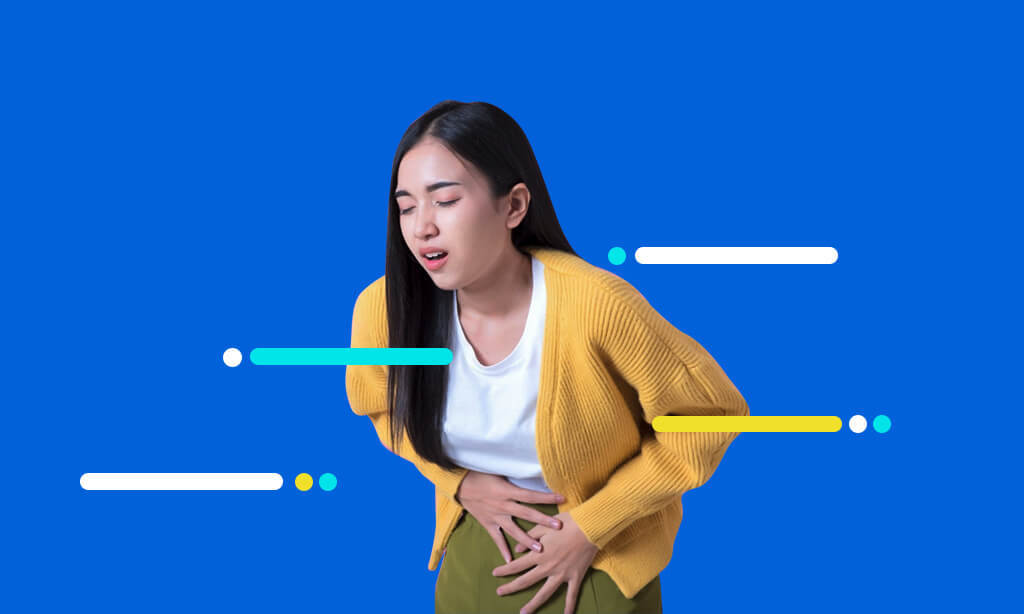
If you have interacted with a woman in her late 20s or early 30s recently, you might have heard the term PCOD in the conversation. Most women are unaware of what this medical condition is and don’t know the right approach to deal with this.
Women are negligent about PCOD problems due to a lack of awareness. As it’s not a disease and does not cause any discomfort or disturbance in the normal day-to-day life of women. In fact, half the cases of PCOD are not even detected or diagnosed. So keep reading to know more about this condition and how can we tackle it well enough to maintain our well-being.
PCOD: The Urban Illness Affecting Young Women!
We will be answering all the queries related to this disorder in the minds of a confused woman, like what is PCOD, what are its symptoms, and how can it be treated by making simple changes in your lifestyle.
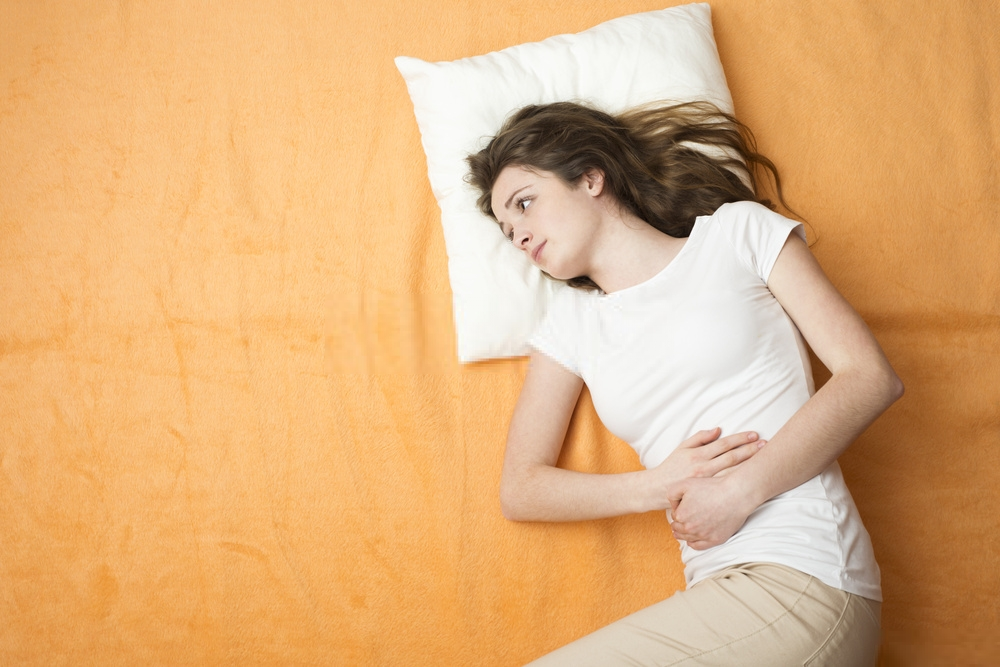
What is PCOD?
PCOD is fully known as Polycystic Ovarian Disorder. It is a hormonal disorder caused due to genetic abnormalities. A healthy menstrual cycle is where two ovaries release mature eggs for fertilization. But for a woman with PCOD, her ovaries release partially matured eggs which form a cyst causing irregularities in the menstrual cycle.
It is normal to have a small number of androgens produced i.e male hormones whereas, in the case of PCOD, there is a vast production of androgens leading to intense hair growth, weight gain, and irregular periods. PCOD is a common disorder that is found among women.
How Are These PCOD cysts formed?
In a normal female body, reproductive hormones like FSH (Follicle Stimulating Hormone) and LH (Luteinizing Hormone) help in the production of follicles and the release of an egg during each menstrual cycle.
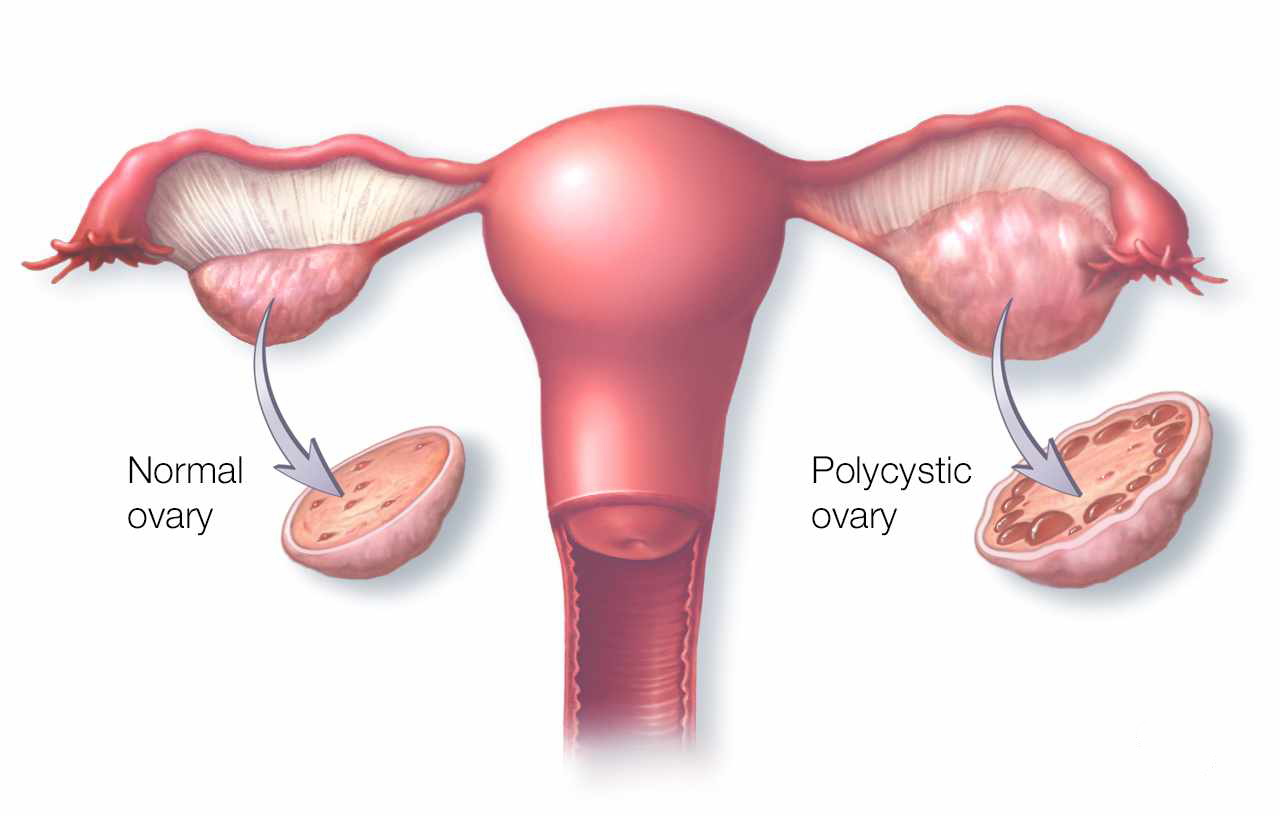
In PCOD, these hormones do not work effectively and this results in many small and underdeveloped follicles or sacs inside the ovaries filled with immature eggs. These small sacs turn into multiple cysts lining the ovaries.
What are the Causes of PCOD?
While the exact cause of this disorder is not clear, it is said to be caused due to lifestyle and genetic factors. It is caused by multiple genes so one single gene cannot be identified as the main cause.
Women diagnosed with PCOD tend to have an unhealthy weight and higher production of male hormones in the body. Leading an active lifestyle with a proper diet is said to have a positive impact on the body and suppress the symptoms significantly (1).
Why Is This Happening To Me?
Unfortunately, this question has no answers but PCOD mainly affects women in their reproductive age and childbearing years. This age group can start from 15 years and can go up to 40 years.
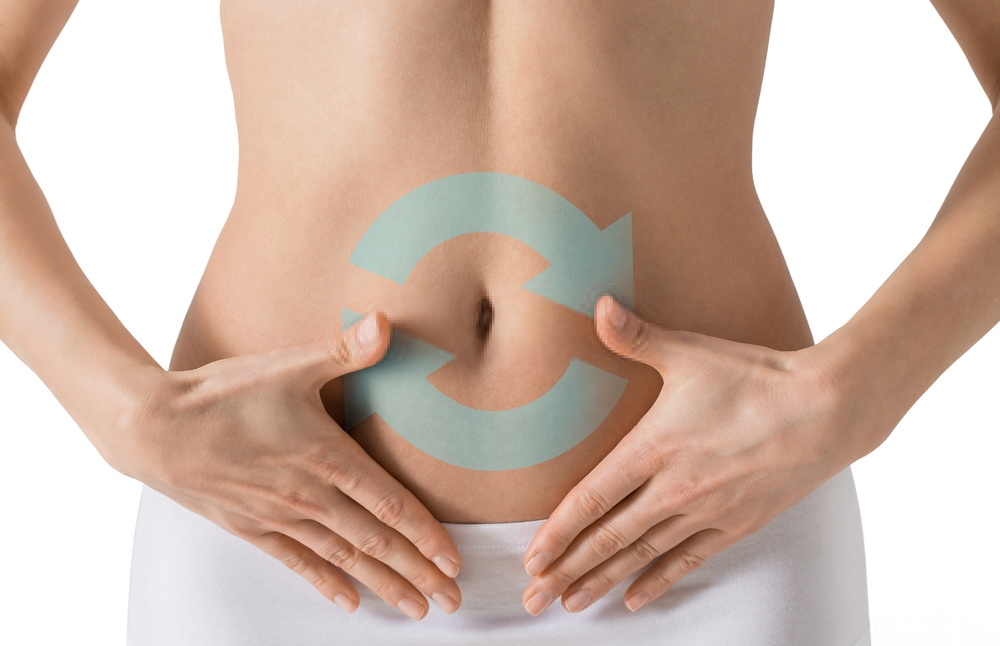
Leading an unhealthy lifestyle with no diet control can flare up the symptoms, even more, can cause many reproductive issues, and hinders the chances of getting pregnant naturally.
What Tests Are Done To Diagnose PCOD?
PCOD is generally diagnosed by doing a pelvic exam and then an ultrasound is done to check the number of cysts in the ovaries and uterine wall thickness.
A transvaginal ultrasound is also done in some cases where the abdominal ultrasound does not give correct results. A few common blood tests can be recommended for checking glucose and hormone levels.
Can PCOD Be Treated?
PCOD is not completely treatable but its effect on the body can be kept under control with simple changes in lifestyle and diet along with hormone supplements. Here are some common medical treatments offered to keep PCOD under control:
Birth Control Tablets
This helps in regularizing the menstrual cycles in women and regulates the ovulation process. These tablets contain female hormones estrogen and progesterone that help in treating the hormonal imbalance in the body.
Regular intake of these tablets will also protect the body against other symptoms of PCOD like excessive hair growth and headaches.
Hormonal Supplements
These supplements help PCOD-affected women to get pregnant without going for advanced infertility treatments that can take a toll on the body physically and mentally. Drugs like Metformin and Clomid are commonly administered in PCOD but should be taken after consulting with a doctor only(2).
Clomid is said to increase the chances of getting pregnant with twins or multiples so discuss this with your doctor before selecting a medicine.
Gonadotrophins
These are injected into the body through injections to help the follicle to grow and release the egg(3). They stimulate the natural ovulation process with hormones that are not produced by the body naturally in PCOD.
Surgery
Advanced cases of PCOD can take the help of surgery if all the other treatments fail to bring a visible change. The surgery is referred to as “Ovarian Drilling” and involves making small holes in the ovaries using a laser or needle to help regularize the ovulation process.

The drilling triggers the hormone production process in the body and helps to achieve normal timely ovulation but the usefulness of this procedure is something that is debatable.
So Why Is This a Huge Issue If It Is Just a Hormonal Disorder?
Now, this is something that really needs to be understood as to why this is a big deal if it does not hamper our daily lives and is not even detected in most cases. What most women do not understand is that the main concern with PCOD is infertility.
Since this condition affects your regular menstrual cycle and makes it difficult for the ovaries to release a mature egg for the sperm, it is hard to conceive naturally with PCOD but it is not impossible. Many women struggle very hard to conceive even with medicines if they do not control their PCOD symptoms beforehand.
Women diagnosed with PCOD not only find it difficult to get pregnant but are also at a greater risk of a miscarriage and premature delivery. They can also be diagnosed with preeclampsia which is a medical condition arising during pregnancy and involves risk to both mother and child.
In women with a normal reproductive system, the ovary releases an egg in the middle of the menstrual cycle and the uterus prepares to receive the egg by developing an endometrial lining.
This lining is made up of blood vessels that are shed in case pregnancy doesn’t occur and come out of the body as periods. In women with PCOD, the release of the egg and the thickness of the uterine wall does not occur in tandem and this is the reason why pregnancy does not occur easily.

For example, on day 14 of the menstrual cycle, the body should have a mature follicle of around 20 mm in size that is ready to release a mature egg into the uterus.
The endometrial lining, on the other hand, should be thick enough to receive the embryo in case the woman conceives in that cycle. These two events do not match in the case of PCOD and that is the reason why most women find it difficult to get pregnant naturally if they have PCOD.
Even in women who do not want to get pregnant or have not given it much thought, this disorder can take a toll on the body and show symptoms like unhealthy weight gain, excessive hair growth, high blood pressure, and higher risks of endometrial cancer. They are also at a higher risk of developing type 2 diabetes in the later stages of life.
What Happens If PCOD Is Left Untreated?
If left untreated, PCOD can lead to many other serious complications like insulin resistance (Type-II diabetes), extreme weight gain, high blood pressure, excessive hair growth, hormonal imbalance, and in serious cases, it can lead to endometrial cancer and ovarian cancer also if you do not get your periods for extended periods of time.
The infertility issues, of course, are bad enough to deal with and can worsen with time if left undiagnosed.
Can I Do Something To Control PCOD?
Yes, definitely. With proper diet and lifestyle changes, you can keep the symptoms of PCOD under control easily and achieve a natural reproductive cycle. The first and foremost thing to understand is that remaining physically fit and active will help you tremendously in fighting the symptoms of PCOD.
Most women diagnosed with PCOD struggle with obesity and unhealthy weight so it should be your first priority to lose some weight if you fall in the unhealthy range. Even the smallest of weight loss can help your body in getting a normal menstrual cycle. Research says that doing 20-30 minutes of regular exercise three times a week is enough to get your weight in check if combined with the right diet.
In terms of diet, a low-carbohydrate diet is generally advised as it helps to regulate the insulin levels in the body and aids in weight loss. Take more nutrients from natural sources like fruits, vegetables, and whole grains, and cut down on fast foods, sugar-rich foods, and unhealthy snacking to achieve your goal weight.
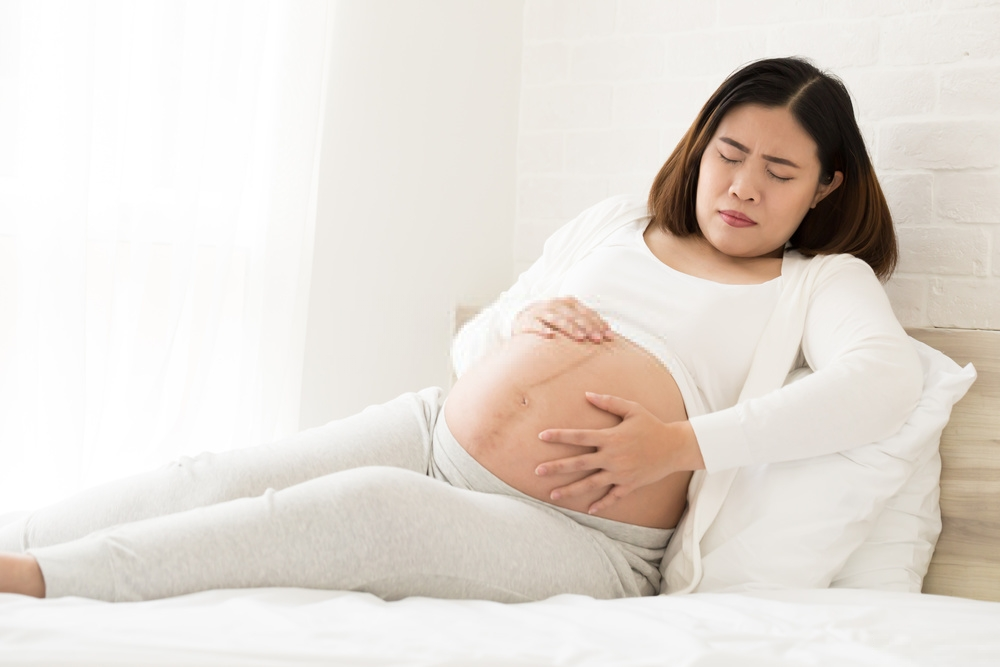
It is always better to consult a dietician who can help you design a diet that is beneficial for PCOD. Combining the right diet with a moderate form of exercise has been proven to show visible results when it comes to controlling symptoms of PCOD.
Stress is another important factor that has been linked to PCOD and subjecting your body to a lot of stress on a daily basis can worsen this condition.
Some Common FAQs Related to PCOD:
1. Is PCOD a lifelong disease?
2. What are the first signs of PCOD?
3. Can I get pregnant with PCOD naturally?
4. Can you have PCOD with regular periods?
So this was a detailed guide on what PCOD is and what are its effects on the young women population. PCOD is becoming more and more common these days due to bad lifestyles and stress but it is very important to get it diagnosed early to take appropriate steps in the right direction.
Leaving PCOD untreated for a long has some major ill effects on the body so an active and healthy lifestyle should be followed to keep the symptoms under control. Please keep in mind that PCOD is not a disease but a condition that can affect a woman’s fertility and physical appearance in the long run.
These issues can definitely be treated or at least controlled to an extent if handled by a good doctor who has experience in handling PCOD-related issues.
Do you have PCOD or know somebody who does? Share this article with them to make them understand what PCOD is all about!

Subscribe to Newsletter
Elevate your routine, stay on trend, and embrace a personalized beauty journey with our curated insights.




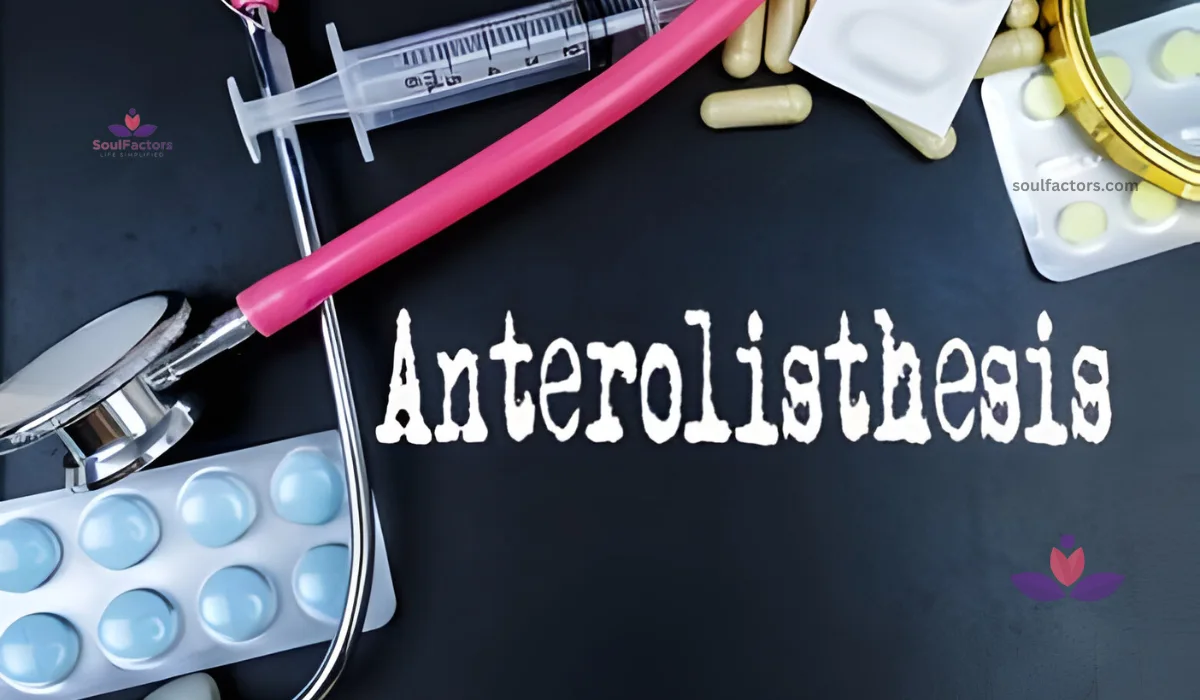
Write a Comment